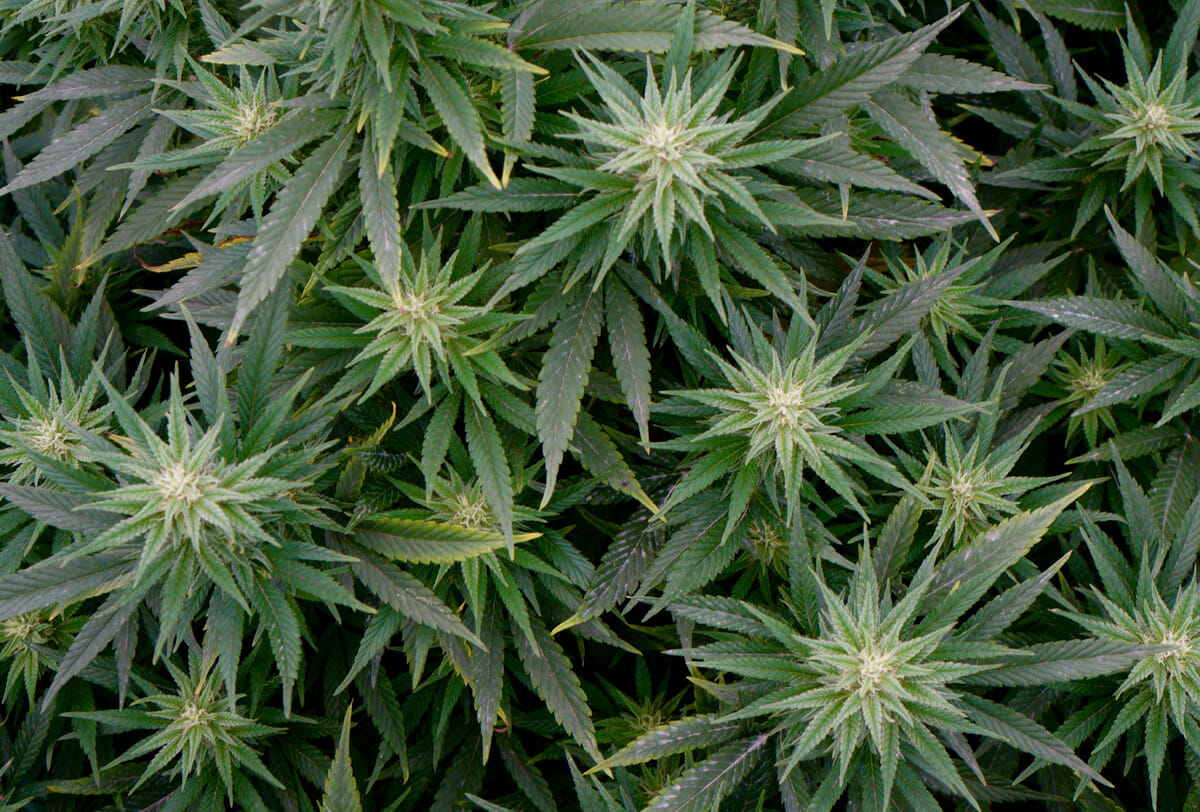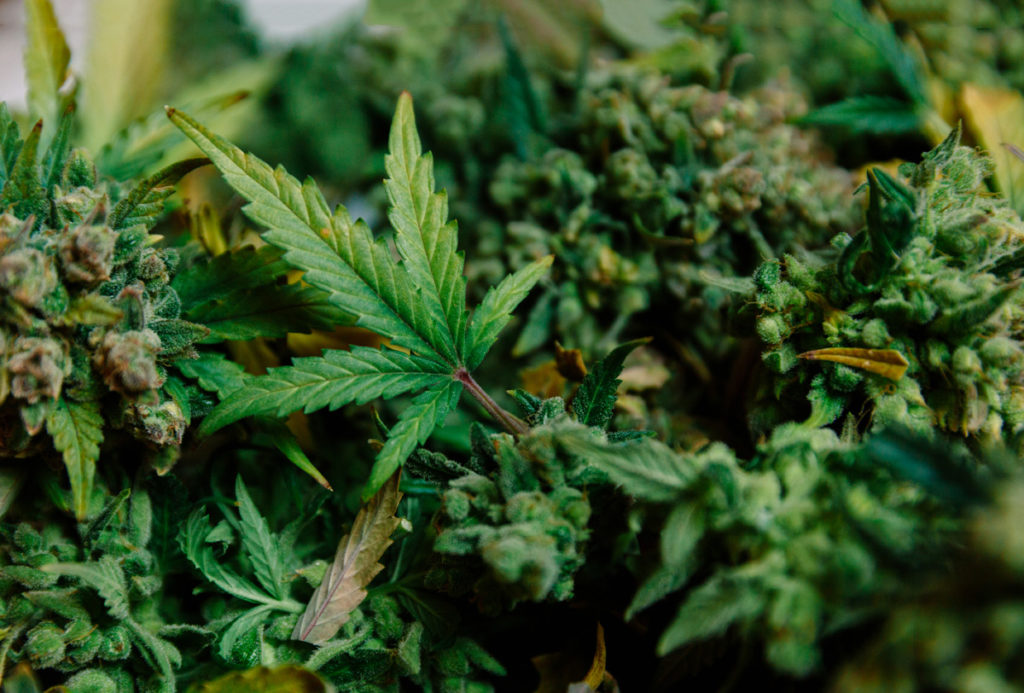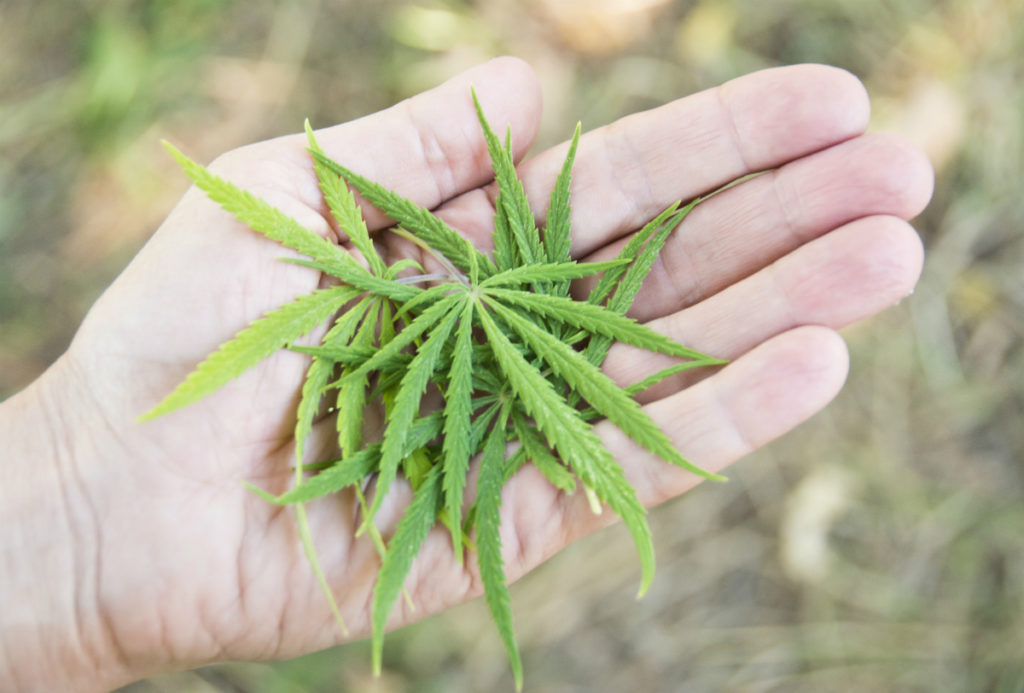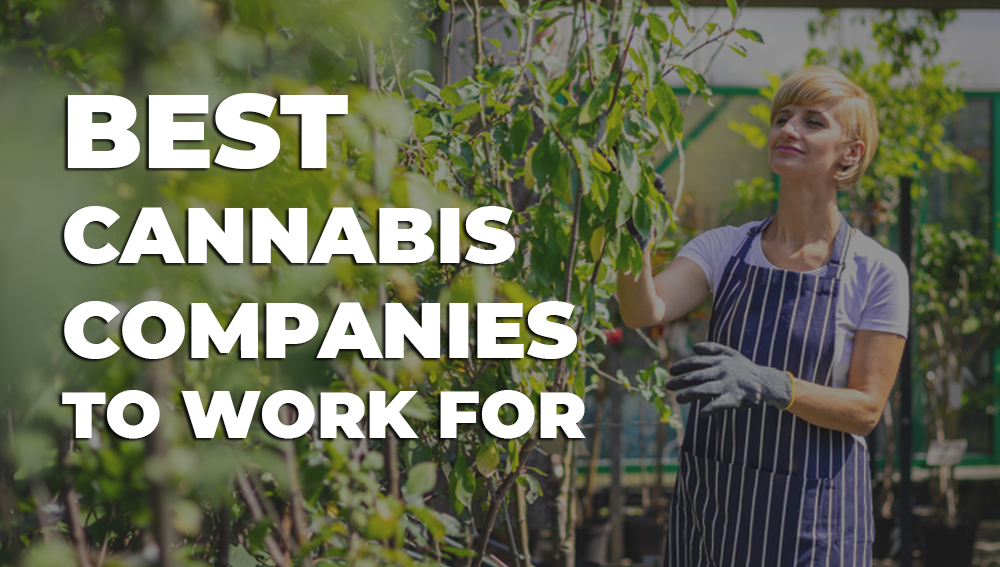
Depending on the laws it passes, the second largest economy in Latin America could be transformed into a new hot frontier in the so-called “green fever”
For Guillermo Nieto, a Mexican businessman who grew up smoking marijuana, the cannabis greenhouse on his family’s vast farmland is part of a bigger dream. One that involves drug companies with a lot of money.
Nieto and several businessmen from Mexico have been positioning themselves for years when the Latin American country opens what would be the legal cannabis market largest in the world in terms of population, where drugs can be grown and sold legally.
Mexico finally outlined the rules covering cannabis for medical use in July and approval is expected in the coming weeks.
A bigger prize may also be close for Nieto and foreign firms: the leader of the ruling Morena party in the Senate, Ricardo Monreal, told Reuters that he hopes that before December a law will be passed for the recreational use of the drug, which would allow regulated private firms to sell it to the public.
“It’s going to generate a market,” said Nieto, wearing a blue shirt and bright yellow tights with marijuana leaves. “We hope to create jobs and income for the Government. We think it could really help our economy. “
In fact, the legal cannabis industry is already a multi-billion dollar global trade, and some big players, including Canopy Growth and The Green Organic Dutchman, from Canada; and a unit of the Californian Medical Marijuana, told Reuters they were eager to access the new Mexican market.
Business aside, Nieto says the new regulations will have a profound effect on social impact in the conservative country of 126 million inhabitants, where drugs are a sensitive topic due to a long and painful history of violence perpetuated by rival cartels.
“The first thing that will happen is that no Mexican will die or go to jail for this plant“Said Nieto. “With that, everyone wins.”
Darío Contreras aims to establish a business to manufacture products such as soaps and pain relieving cannabis oils that he would legally grow near his family’s ranch in the northwestern state of Durango, where for decades the powerful Sinaloa Cartel has been dominant.
Contreras believes that “most” of the farmers close to him who grow the plant for drug traffickers would want to sell their products legally, if the government allows it.
“They want to work legally,” said Contreras, whose sister married a family member of the late Mexican drug lord Amado Carrillo, known as “The Lord of the Skies.”

However, Mexicans are not at all united on this issue.
While a growing cannabis industry promises to be a money-making machine, it faces resistance from activists who are concerned that regulations for the use of the product, both medical and recreational, largely favor large corporations, as well as often foreign.
They fear that the legislation excludes small family producers and does not offer a path to legalization for many farmers who make a living feeding the illegal drug trade in Mexico.
Lee: Senate approves marijuana decriminalization in commissions
The limits of the “green fever”
Initial regulations covering medical use allow entrepreneurs like Nieto to grow marijuana on behalf of pharmaceutical companies and foreign companies to import medical cannabis products into the country.
However, the Supreme Court, which in practice has legalized the drug by ruling that its prohibition is unconstitutional, has given the Government until December 15 to draft new legislation for the recreational use of the plant.
Monreal, leader in the Senate of the ruling National Regeneration Movement (Morena), explained to Reuters that lawmakers were currently working out the finer details of the future law.
The politician said that his party, which has a majority in both houses of Congress with its allies, should have no problem approving the regulations, which, he added, would decriminalize the possession “of a certain amount in grams” of marijuana.
Monreal argued that the law would not allow Dutch-style coffees in the first stage of liberalization, but that the public could buy marijuana in “distribution and sales centers” with specific authorizations.
However, he added that the Senate was divided on whether to allow the industrial cultivation of hemp, a cousin of cannabis used in products ranging from food and clothing to building materials, citing opposition from industries that fear that product will displace. theirs.
In October last year, Monreal told Reuters that the Senate was just days away from approving the decriminalization of marijuana in the country, but no progress was made.
Depending on the laws it passes, Latin America’s second-largest economy could transform into a hot new frontier in the so-called “green fever” sweeping across Canadian and US farmlands, fueled by growing interest in global investments in marijuana. legal.
In the world, the legal marijuana industry was valued at $ 17.7 billion last year by the consultancy Grand View Research, and is expected to reach $ 73.6 billion in 2027.
Marijuana giants
Large cannabis companies, which have pharmaceutical facilities to test products, said they were looking at both the medical and non-medical marijuana sectors in Mexico.
Canopy Growth, the world’s largest marijuana company, told Reuters that its objective is to contribute to the “responsible development of this new market” and that it would review the next local regulations.
The Green Organic Dutchman said it “looks forward to participating in the Mexican cannabis market” through its subsidiary, TGOD Mexico, adding that it was monitoring the situation.
Raúl Elizalde, co-executive director of HempMeds México, distributor and subsidiary of Medical Marijuana Inc, He said that he had had conversations with Mexican pharmaceutical companies for a joint venture, initially, on medicinal cannabis. However, it could launch its own pharmaceutical startup in the country if new medical regulations require it.
Elizalde said most companies would postpone making investment decisions until they see what laws the Senate passes in December, in case they also change medical rules.

“It is much better to wait and see if this changes,” he said.
For starters, large Canadian companies are likely to see Mexico as a place to export their cannabis products, while US companies, constrained by federal laws prohibiting marijuana exports, can franchise their brands in Mexico, Avis Bulbulyan explained, CEO of the cannabis consultancy Siva Enterprise.
Going forward, Mexico’s well-priced land, relatively cheap labor, and favorable climate would likely make the country a prime destination for companies to grow and export cannabis raw materials and products.
“It’s on a lot of people’s radar,” Bulbulyan added.
“Social justice”
However, not everyone is happy with the development of the new industry.
The coalition that led the campaign to legalize cannabis through the courts, made up of activists and parents of sick children seeking cannabis-based pain relief, says the new medical regulation helps big business instead of patients. poor.
Lawmakers legalized the use of medical marijuana in 2017, while the Supreme Court ruled in 2018 that recreational marijuana should be allowed.
As it stands, medical regulation would prohibit people like Margarita Garfias from growing cannabis for personal use to relieve pain. Farmers can only grow marijuana through partnerships with pharmaceutical companies that can conduct clinical studies and whose results are tied to a greater scope.
Lee: Senate approves marijuana decriminalization in commissions
Garfias, the mother of a 16-year-old son with multiple disabilities and in a wheelchair, said families, who live in fear and have faced the risk of a criminal record for trying to help their children, are disappointed.
“Regulation does not help with this, neither with social justice nor the human rights of patientsAdded Garfias, who said her homegrown cannabis-derived medication had reduced her son’s epileptic seizures and hospitalizations.
The Mexican Ministry of Health referred inquiries about the regulation to the regulator, Cofepris, which said the rules focus on ensuring that the population is not at risk.
“Medicines must have quality, safety and efficacy“Said Cofepris.
Activists argue that corporate lobbying could exclude small producers from the medical and recreational markets and, therefore, it would not significantly affect the illicit narcotics trade.
“We are very pessimistic,” said Tania Ramírez, director of drug policy for México Unido Contra la Delinquency, an organization that spearheaded the campaign for legalization through the courts.
Monreal, a senator from Morena, said no law is perfect, but legalization would transform the country, emptying its prisons of small-scale marijuana smokers and helping farmers shed the yoke of powerful drug cartels.
“For me, the most important thing (is) that Mexico and its legislators dare to break down a taboo that has lasted for many decades.“, He finished.








